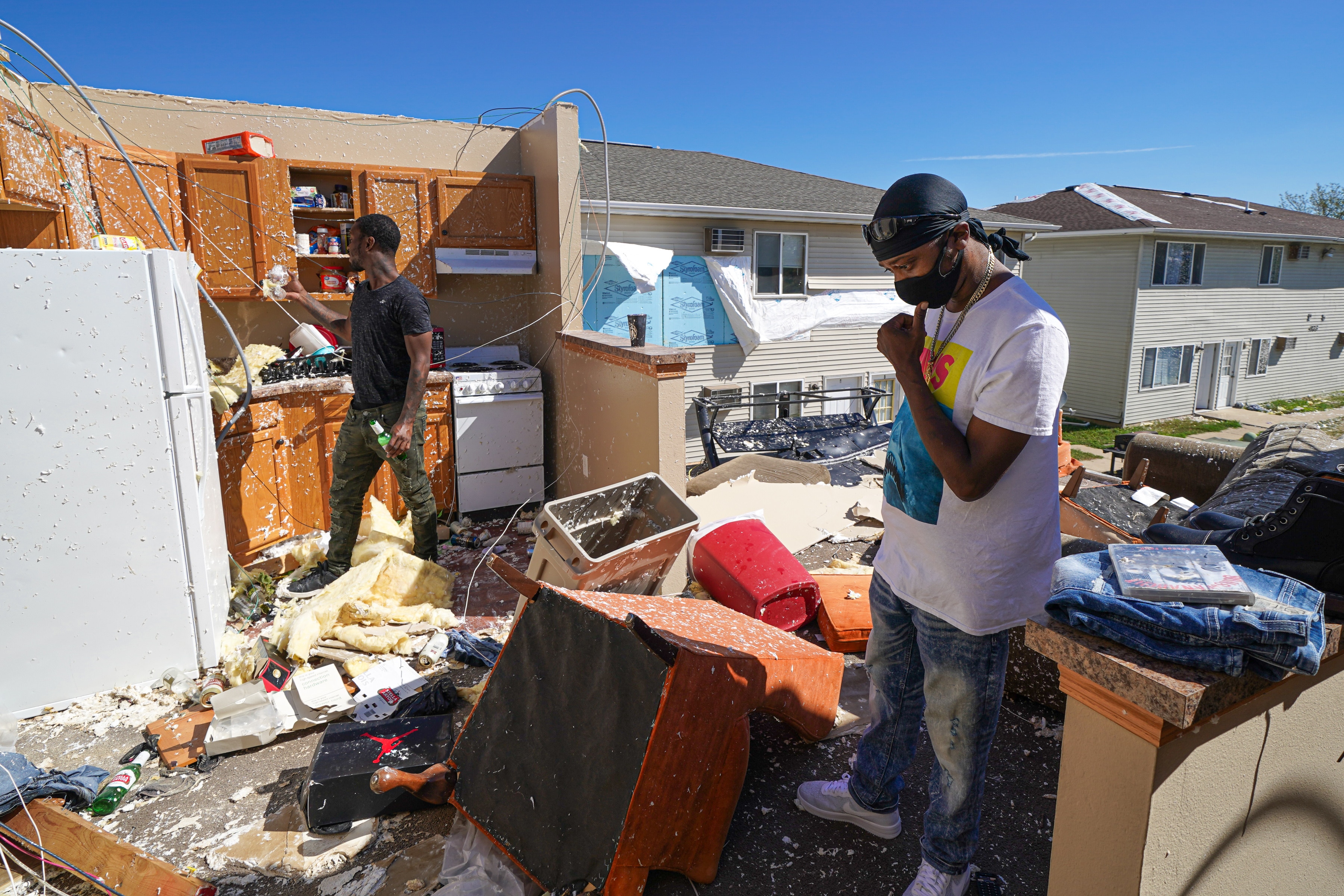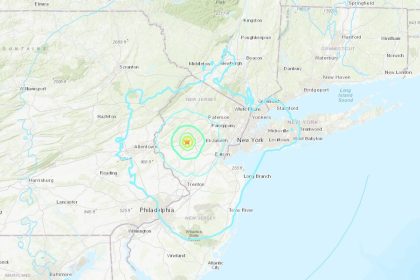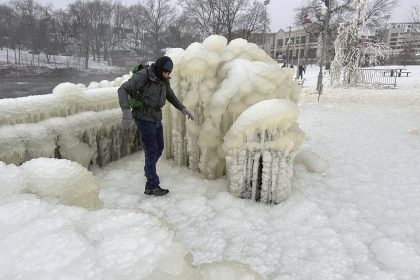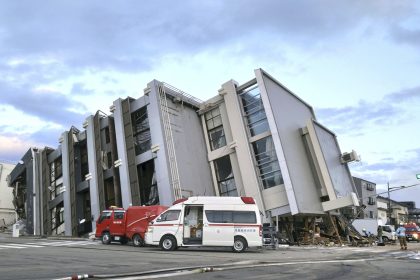Midwest Derecho Decimates Iowan Homes and Farmlands, Creating Humanitarian Crisis

A week after a derecho ripped through their state, Iowans remain in the midst of a humanitarian crisis as they attempt to recover from the devastating wind storm. Nearly 47,000 residents remain without electrical power, over 8,200 Iowan homes were damaged, and a third of the state’s crops in soybeans and corn have been decimated. Storm damages will continue to be assessed in the days and weeks to come.
The storm hit Iowa on August 10 with near hurricane-level wind speeds of up to 100 mph, causing a quarter of a million residents to lose electrical power.
On August 16, Governor Kim Reynolds sent a major disaster declaration request to President Trump, asking the federal government to send nearly $4 billion in aid to the state.
In response to Reynolds’ request, President Trump approved $45 million for disaster aid with most of the funds going towards removing debris, repairing local government and non-profit facilities, and hazard mitigation projects.
“Just approved (and fast) the FULL Emergency Declaration for the Great State of Iowa. They got hit hard by record setting winds,” Trump said of his disaster aid approval via Twitter.
President Trump traveled to Iowa today to survey the damage from the derecho. In Cedar Rapids, one of the hardest hit areas, the president met with Gov. Reynolds, Iowa’s Secretary of Agriculture Mike Naig, State Rep. Ashley Hinson, Cedar Rapids Mayor Brad Hart and others.
Iowan Democrats have denounced President Trump’s aid approval, calling for more aid to be given for homeowners and businesses.
U.S. Rep. Abby Finkenauer expressed her disappointment in the president’s lack of aid for homeowners stating, “We must ensure no Iowan is left behind by this tragedy. I ask the president to rectify his omission immediately.”
Finkenauer continued, “I will continue fighting for a fast and comprehensive review of the impacts of this storm on Iowa families and businesses — and all necessary and appropriate federal relief for families as well as local governments.”
Echoing Finkenauer, U.S Rep. Cindy Axne said in a statement, “… The families in Iowa who have lost their homes, power, and massive sections of their harvests cannot afford any unnecessary delay.”
Critics of the aid provided on local, state and federal levels have criticized the alleged slow response to the storm and its aftermath which they say has caused a humanitarian crisis.
Kelly Machon, a local Iowan, told reporters that, “It [the derecho’s aftermath] feels like I’m in a Third World nation. Like, this, to me, seems as if it’s our version of Katrina, minus the deaths.”
At a news conference following the storm, Cedar Rapids’ city manager Jeff Pomeranz defended the city’s response by stating, “This is an unprecedented disaster that’s affected our entire community, lots of people impacted. Some of the residents who have been displaced, we have got council members working around the clock trying to make sure those residents have a place to go.”
However, in a PBS Newshour report, Beth Malicki, a local news anchor in Cedar Rapids, said, “Right now, this is a humanitarian crisis.”
Despite the circumstances of the storm and its aftermath, Iowans remain resilient as the state rebuilds.
Corey Hilebo, a farmer whose 2,000-acre farm of corn and soybeans was flattened in the derecho, told the Des Moines Register that even though he is worried about his farm and future crop prospects, he recognizes what is important after the once-in-a-decade storm happened.
“Everybody is safe. Everything else, we can fix or rebuild,” Hilebo said.
























